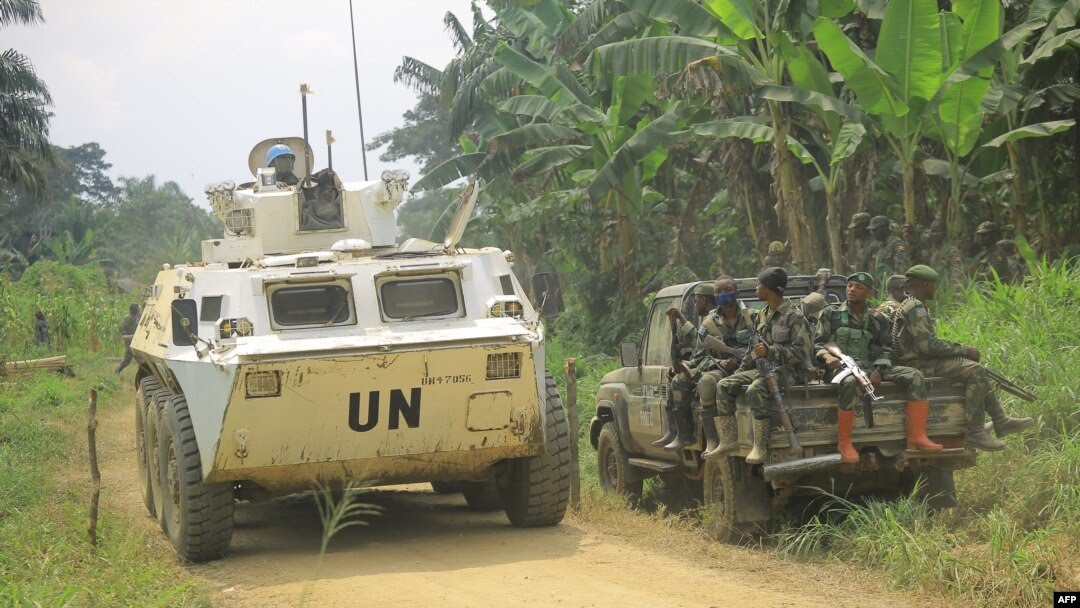Already a subscriber? Make sure to log into your account before viewing this content. You can access your account by hitting the “login” button on the top right corner. Still unable to see the content after signing in? Make sure your card on file is up-to-date.
According to local media reports, an ISIS affiliated attack in the Democratic Republic of Congo (DRC) has left at least 38 people dead.
Fabien Kakule, a local official, reported that armed men with guns and machetes attacked residents in Beni territory (villages of Babila, Bakaiku, and Bapakombe Pendekali) during the night. This surge in violence has been attributed to the attackers exploiting a diminished security presence, as noted by district official Leon Kakule Siviwe.
#RDC🇨🇩 Massacres de civils à Beni. Des images choquantes. Au moins 50 ont été tués, rapporte la société civile. "Les signaux sont au rouge à l'extrême ouest du territoire de #Beni, dans les localités de Babila Bakaiku et Bapakombe Pendekali où les #ADF exécutent depuis le début… pic.twitter.com/cyeh2F4i4V
— Justin KABUMBA (@kabumba_justin) June 8, 2024
The attack has been blamed on members of the Allied Democratic Forces (ADF), a group accused of another deadly assault earlier in the week. Originally based in Uganda, the ADF extended its operations to eastern DRC and allied itself with ISIL in 2018, launching frequent attacks and further destabilizing the region.

Local officials highlighted that the ADF has killed more than 50 people in the region this week alone. Despite joint military operations by Congolese and Ugandan forces since late 2021, efforts to curb these violent attacks on civilians have been unsuccessful.
This development comes as the Eastern DRC has long been beset by violence from various armed groups, exacerbated by government and foreign intervention supplying these groups with weapons. The resurgence of the Rwandan-backed M23 group in late 2021 has led to intensified conflicts, displacing tens of thousands. By the end of last year, about 6.9 million people were displaced, mostly in the eastern provinces, with over 1.6 million people driven from their homes in North Kivu alone since March 2022.







